This Week, Those Books was created to provide context to the news by linking the big international story to the world of books and we now have nearly 11,000 followers in 120 countries on the Substack app. If you find This Week, Those Books useful, thoughtful, and…a conversation starter, please consider supporting us (to buy books 📚📚 and put in time) by becoming a paying subscriber. An annual subscription is less than the price of one hot drink per month for a whole year at a branded coffee shop!
Click here to subscribe to the spring offer for 25% off.
We’re taking a spring break and will run reposts for the next two weeks. Back with new content on April 30.
This is a human (not AI) read-through of This Week, Those Books post:
And here are some additional resources on tariffs and trade:
TRUMP’S TARIFFS: There is one certain cost of Donald Trump’s worldwide tariffs: uncertainty. And that in itself is a sort of tariff, writes Harvard professor Jason Furman, a former chair of the White House Council of Economic Advisers. “In the past 50 years, the average tariff rate has never changed by more than 1 percentage point in a single year,” he says in the Financial Times.1 But Trump has shifted “to a tariff rate that would put the US on par with Iran and Venezuela”. Even if Trump backs down, Furman says, “he will have succeeded in shifting the debate on tariffs and in building uncertainty…The best option would be for Congress to take back the power to set tariffs — which would at least be more predictable than leaving them to the whims of one person.”
THE 1930s AGAIN: Certainly in terms of uncertainty! America’s protectionist 1930 Smoot–Hawley Tariff legislation raised import taxes on more than 20,000 foreign goods, prompted retaliatory tariffs by several countries and “played an important role in the recession that later became the Great Depression,” economics professors Robert B Archibald2 and David H Feldman3 argue in their 1998 paper.4
ECHOES OF ELON: On April 10, it will be a hundred years since The Great Gatsby was published in the United States. F Scott Fitzgerald’s novel is now regarded as a literary classic. Set in the era immediately before the 1929 Wall Street crash, The Great Gatsby explores the careless lives of rich and entitled people, their casual cruelty, unexamined racism and firm self-belief. The story is narrated by Nick Carraway, alumnus of an Ivy League university. He is able to take a somewhat standback view of the cultural mores of the time, with wealthy white people spouting “impassioned gibberish” in their belief they are “the last barrier of civilization”.
Echoes of Elon Musk? After all, he has repeatedly said that “western civilisation” itself is at stake unless voters elect Donald Trump as well as Germany’s far-right AfD party.
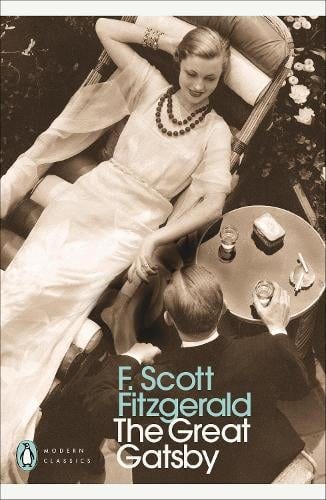
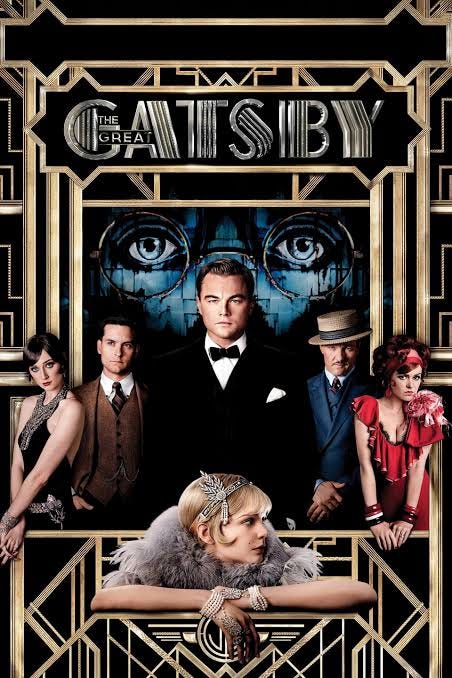
BITTER HARVEST: Britain’s protectionist Corn Laws, in place from 1815 to 1846, caused extreme hardship and triggered resistance, as evident from this envelope in the University of Nottingham’s Manuscripts and Special Collections.
Email: thisweekthosebooks@substack.com
LinkedIn | Twitter | Bluesky | Facebook | Threads | YouTube
Jason Furman. The hopeful tariff endgame isn’t so hopeful. Financial Times, April 8, 2025. https://www.ft.com/content/91879b7b-c492-4329-a412-ab597ca96b04
https://www.wm.edu/as/economics/faculty-directory/emeriti/archibald_r.php
https://www.wm.edu/as/economics/faculty-directory/feldman_d.php
Robert B Archibald and David H Feldman. Investment during the Great Depression: Uncertainty and the Role of the Smoot-Hawley Tariff. Southern Economic Journal, April 1998. Pdf here or go to https://www.jstor.org/stable/1061208


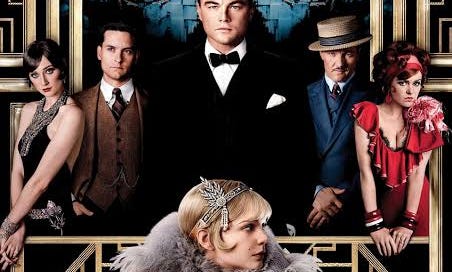


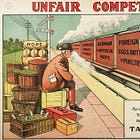
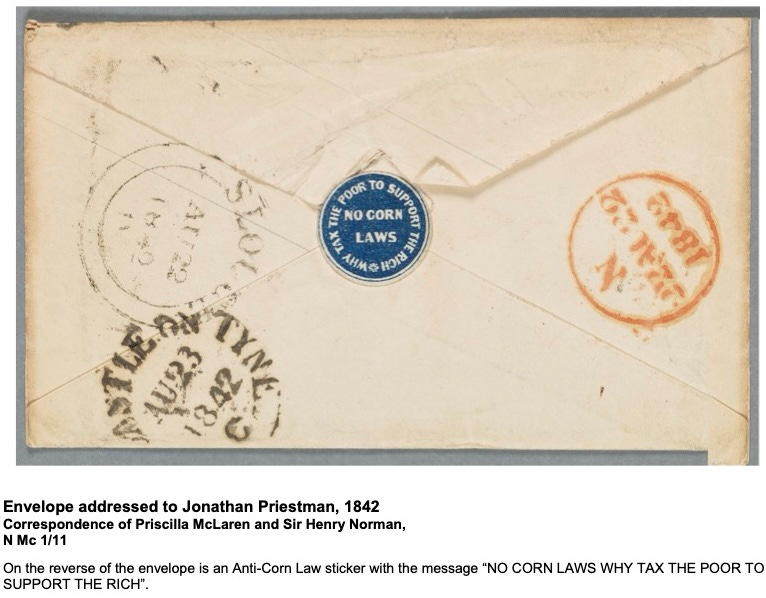

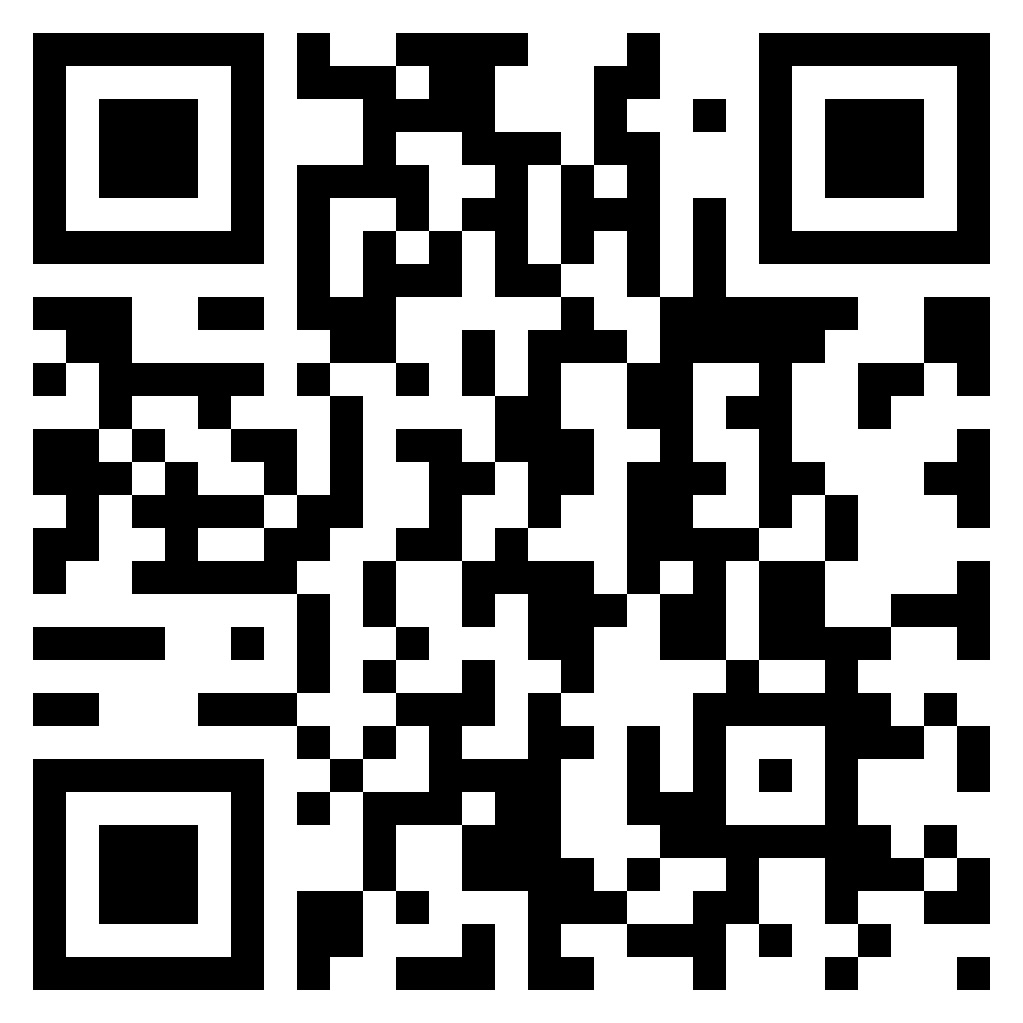






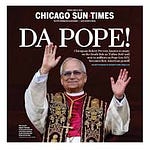

Share this post